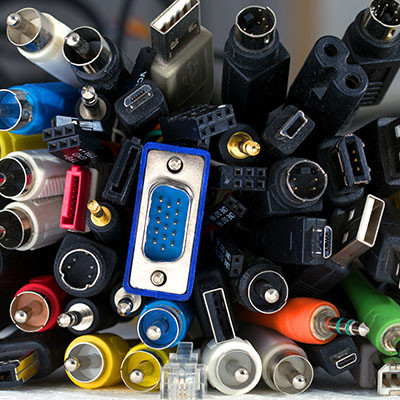Most businesses will find themselves holding on to spare technology, just in case they need it for any reason in the future. Storing this technology to ensure longevity, functionality, and safety is incredibly important. Today, we want to share some best practices to ensure that your stored tech will work as you need it to when it finally comes out of storage.
Humidity and Temperature Control
You should store your technology in a cool, dry place, as the opposite (hot and humid) will damage your technology. The best range will be between 50°F to 80°F (10°C to 26°C) at 30-50% humidity.
Eliminate Direct Sunlight
Exposing your technology to direct sunlight is a surefire way to cause overheating and even more damage. Store your devices away from windows
Preserve Original Packaging
Original manufacturer packaging is designed to aid in transportation and storage, so it helps to use it whenever possible.
Minimize Dust and Debris
You must keep dust and other debris away from your technology whenever possible, as it can cause damage as it builds up. Take time to clean your devices while they are in storage to keep buildup to a minimum.
Manage Your Batteries
If devices have removable or rechargeable batteries, you should store them separately in a cool, dry place. If you are storing them for a long period of time, then you should keep them at about 50% capacity to keep them from over-discharging.
Organize Your Cables and Accessories
It will help you in the long run if you keep chargers, cables, and other accessories organized and labeled. This will help you identify them when the time comes.
Assess Them Periodically
Suppose you’re storing devices for an extended period of time. In that case, you should take a look at them every so often to ensure they don’t suffer from any unfortunate signs of damage or deterioration. It also helps to update your software and firmware to know that they will function well after you take them out of storage.
Label Your Devices
Finally, you will want to label your devices, including their names, dates, and other important information that might help you keep them organized while in storage. Some systems use barcodes and QR code scanners to digitize the process. It’s helpful to keep things in a spreadsheet that can easily be referenced.
Do you need a hand with managing your technology? Let us take over and handle all of your IT headaches. To learn more, call us today at 734-927-6666 / 800-GET-XFER.
![]()

